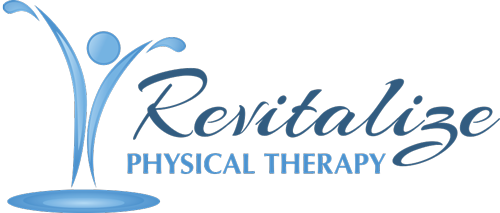During these uncertain and challenging times, we can all use some good news. On that note, it gives me great pleasure to share with you that scientists have confirmed that it is extremely rare for mothers to transmit SARS-CoV-2 virus (heretofore referred to by it’s colloquial name, covid-19) to their newborns…and why.
Researchers at the National Institutes of Health led by Dr. Roberto Romero reported on July 14, 2020, that the placenta lacks certain molecules used by the virus to cause the infection. To quickly recap biology 101, our genetic code and all important instructions which determine our traits are contained within our DNA, located in the nucleus of the cell. Messenger RNA, or mRNA, is a type of RNA which carries the information contained within the DNA to a different part of the cell, the ribosome, which is made of a different RNA called rRNA (ribosomal RNA). The ribosome translates the genetic code, or message, contained within the mRNA into proteins. Proteins are a crucial macromolecule necessary for function and survival, and many of them serve as enzymes, catalysts of chemical reactions which allow processes to operate smoothly as they should.
So what does all of this have to do with newborns and covid-19? The ACE2 receptor is the primary receptor on the cell surface used by covid-19 to cause infection. However, unlike adult cells, the membrane of the placenta (which houses the developing fetus) contains only a minute amount of the mRNA molecule which manufactures ACE2 receptors. Little to no mRNA means no receptors for the virus to mess with or wreak havoc upon. Furthermore, the placenta lacks (or contains only trace amounts of) a different kind of mRNA, the one that produces an enzyme called TMPRSS2. This is the enzyme the covid-19 uses to infiltrate cells. No enzyme, no entry, no infection.
In other good news, Moderna, a biotech company working on developing a vaccine, shared exciting news earlier this week. They reported that all 45 participants in Phase 1 of their drug trial produced antibodies in response to treatment. Phase 3 of the trial is due to begin later this month with 30,000 participants.
While there are still many unknowns about this disease and much yet to be explored and tackled, including a vaccine, it is nice to report a modicum of good news. I hope to have the ability to continue sharing positive developments in the ensuing weeks and months. Until then, please maintain proper handwashing, wear a mask (not a chin guard), and stay safe.



